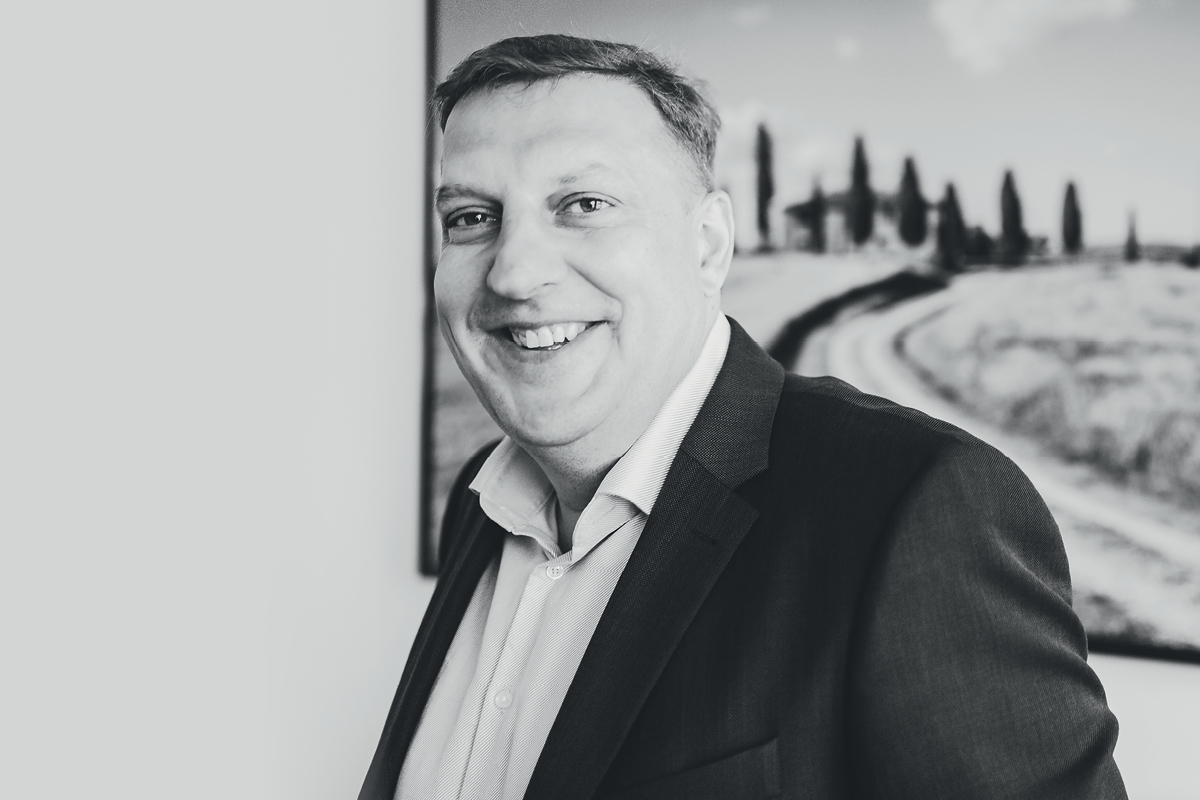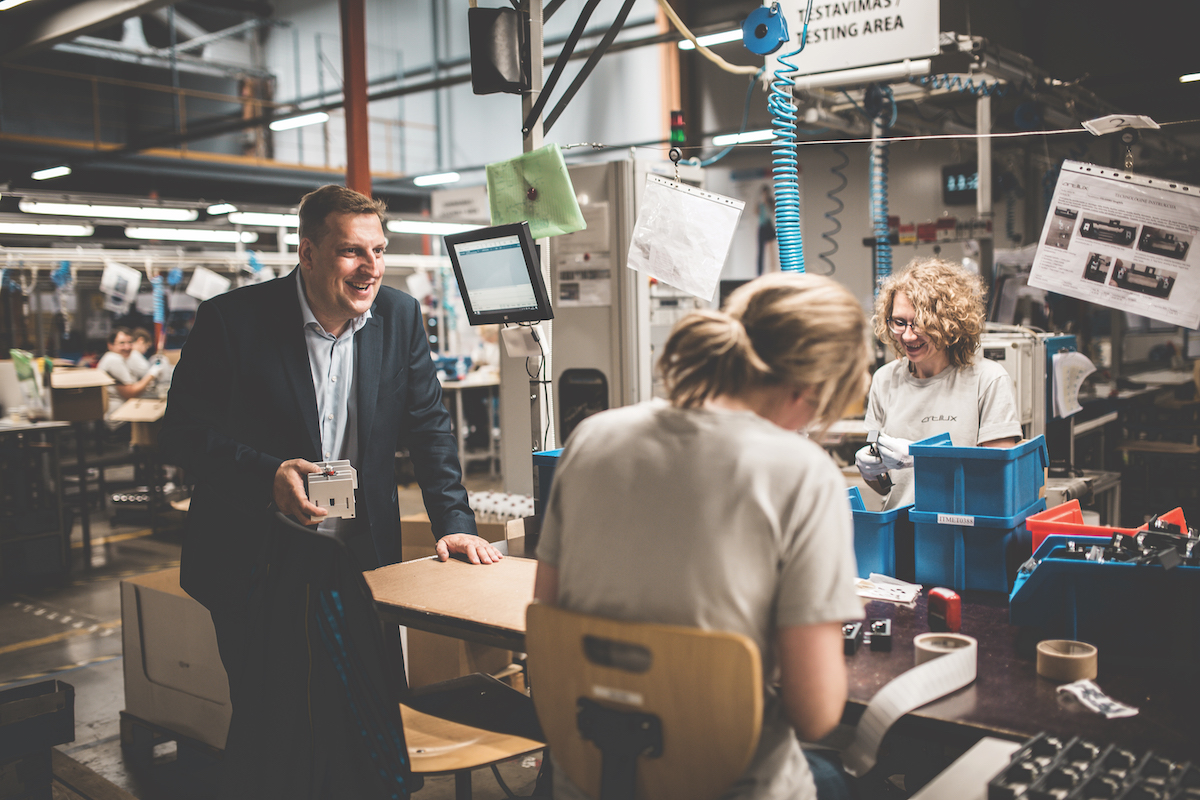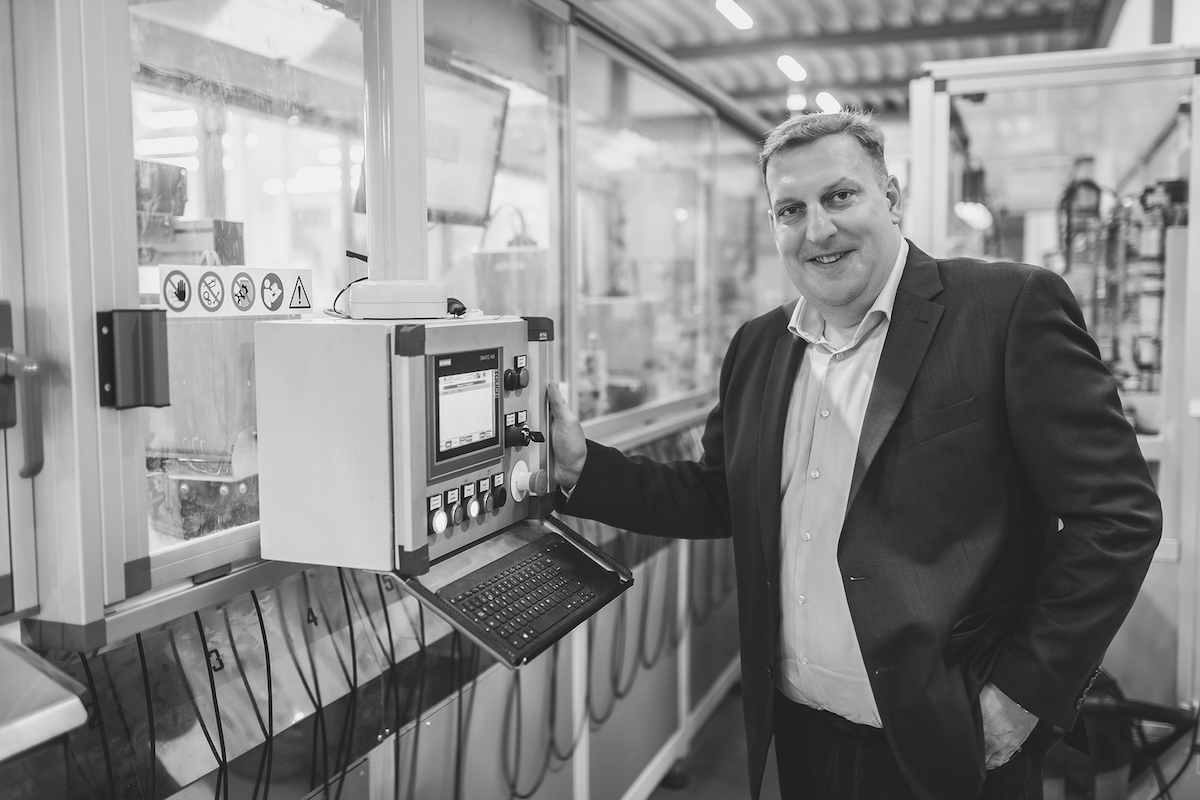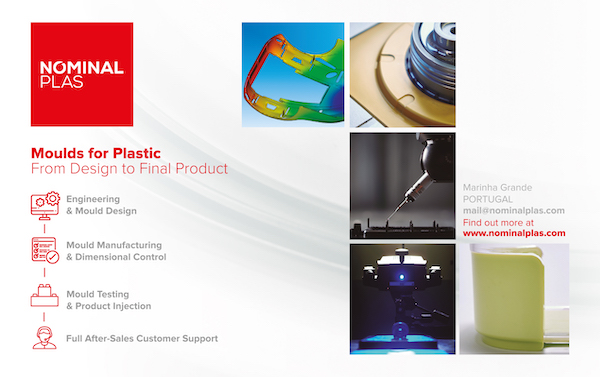Established in 2002, Artilux is a Lithuanian–Swedish venture that produces small electrical appliances, lighting and electrical breakers. CEO Rimantas Damanskis has helped the company grow to more than 600 employees, with €60 million of annual turnover across three production facilities.

As indicated on the company’s website, this impressive growth reflects its aim to be “versatile and competitive suppliers of electrical appliances, lighting and electrical breakers in chosen market segments by creating and implementing new methods of quality and production”.
Artilux is particularly focused on providing business sectors with high-reliability products such as electrical devices, LED modules, electrical breakers and switches. The company covers “surface-mount technologies with a range of stable assembly processes for all current component packages”.
Artilux manufactures more than six million electrical products each year. Maintaining high-quality products is essential to Artilux, and the company ensures high-quality production through continually updating production systems based on the Theory of Constraints (TOC) model and Lean principles.
The TOC is a supply chain management method developed by Eliyahu Goldratt that focuses on profit improvement by managing ‘constraints’, or bottleneck processes, to increase profits.
The five Lean principles are applied to many businesses and grew out of the Toyota Production System in the mid-1900s. They include defining value, mapping value stream, creating flow, establishing pull and pursuing perfection.

The leadership team at Artilux learns from the world’s leading companies in manufacturing and applies ‘good practice’ on site to regularly improve the manufacturing processes and quality management systems.
This continuing improvement and innovation “allows the company to work not only efficiently but also flexibly and using available resources. A big part of our production is complemented by plastic parts and components manufactured by our subsidiary company Frilux”, its website states.
The CEO Magazine spoke to Rimantas about the challenges of growth and maintaining high-quality products through constant improvement in a competitive industry.
What is the company culture like?
Artilux combines classical Scandinavian values – respect for every person, diversity and teamwork – together with Lithuanian entrepreneurship and flexibility.
What challenges have you faced?
It may sound surprising, but growth was the biggest challenge we faced. In 17 years of operations, our turnover grew in double-digit numbers annually. We opened four factories, we expanded to more than 600 employees, we reached €60 million annual turnover and became one of the biggest industrial companies in Northern Lithuania.
What achievement are you most proud of?
We are proud that worldwide engineering companies such as Bosch, ABB, General Electric and others trust us. We’ve proved we deliver high-quality products. Recently Artilux was awarded the highest rating in the ABB Smart Power Vaasa and was part of ABB Smart Power Quality Wins program. It is ranked among the best-performing suppliers in terms of quality and on-time deliveries. Continuing growth and a great team are the two company elements I’m most proud of.

What are some of your goals in the next five years?
Artilux strives to become the number one customer choice in OEM manufacturing of electrical products in Europe.
What makes Artilux stand out from its competitors?
We rely on three pillars – reliability, quality and trust.
What business principles are most important to you?
I believe that keeping your word and keeping your promises is crucial for any business success. That includes understanding customers’ needs, helping to solve customers’ problems and then delivering on time. Openness together with fairness help prevent many problems in business.
“I believe that keeping your word and keeping your promises is crucial.”
Who or what are your greatest influences in business?
I learn from our customers and our partners daily. Every person may give very useful and unexpected insights, which could help us in developing our business. So, I try to be open to different experiences and different attitudes to combine them so our team can achieve the best results.
What are your plans for the future?
I hope to take on the challenge of growing another company in Lithuania. I strongly believe that Scandinavian companies can safely invest in Lithuania and expand and grow their businesses, and I have the experience and advice that I can share with those who are keen to do so.
Artilux believes that using Lean manufacturing techniques, the right information systems technology, product complexity and variability creates a flexible and fast order-to-delivery process. As its website states: “Our 10 years’ experience and implementation of Lean manufacturing techniques inside our company made us price competitive and a desirable manufacturer among many big European brands.”
Proudly supported by:



